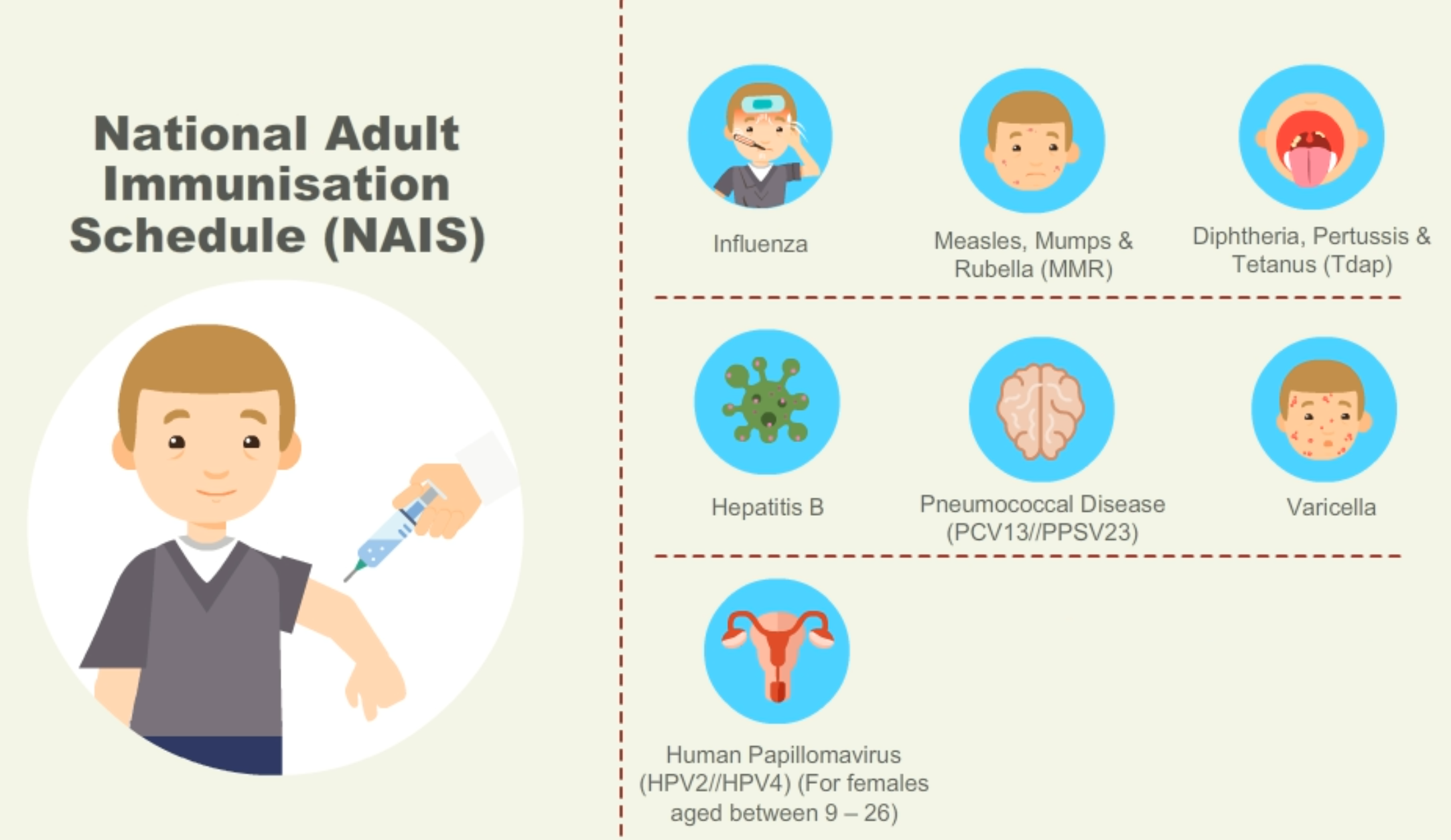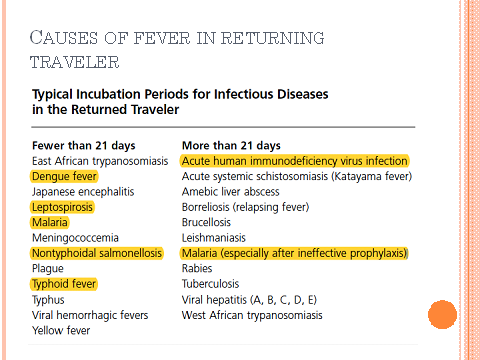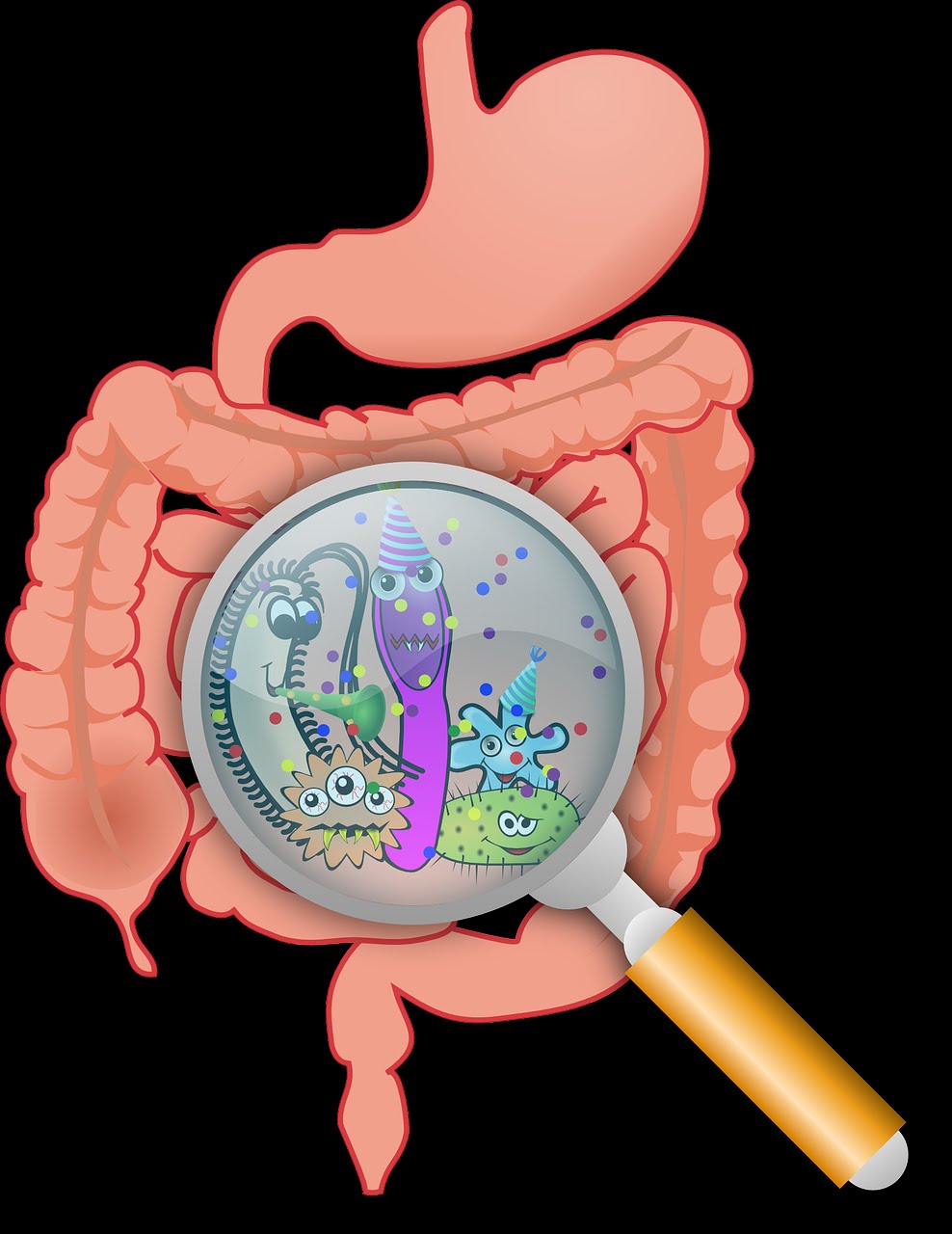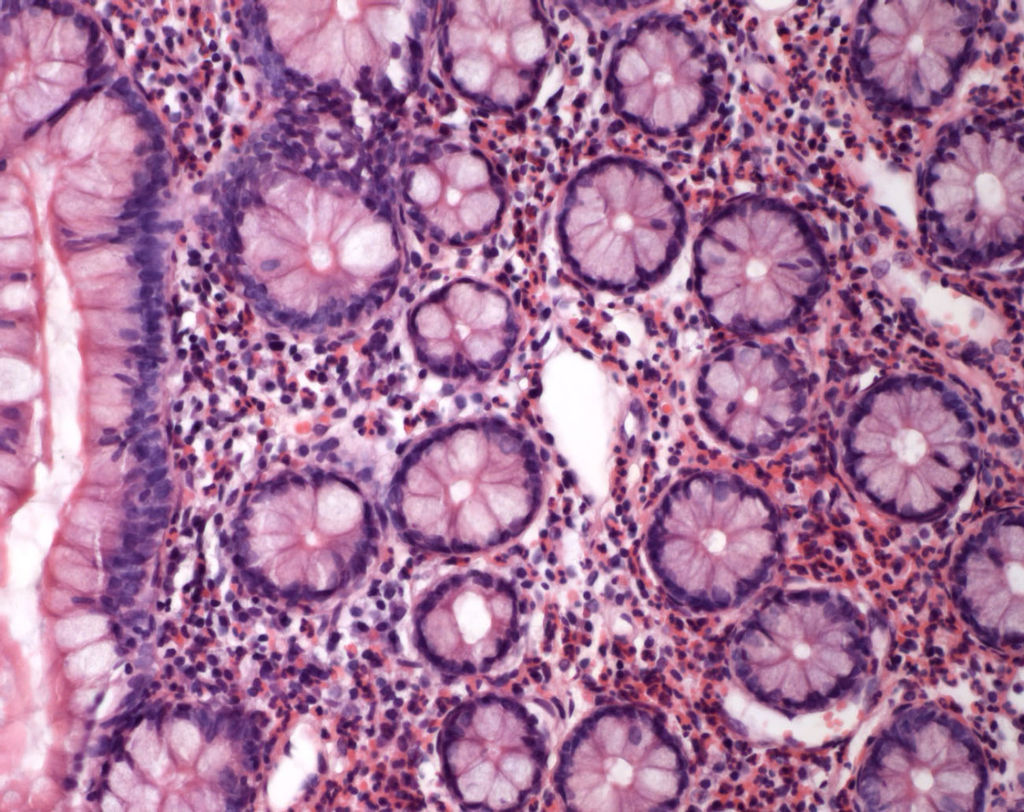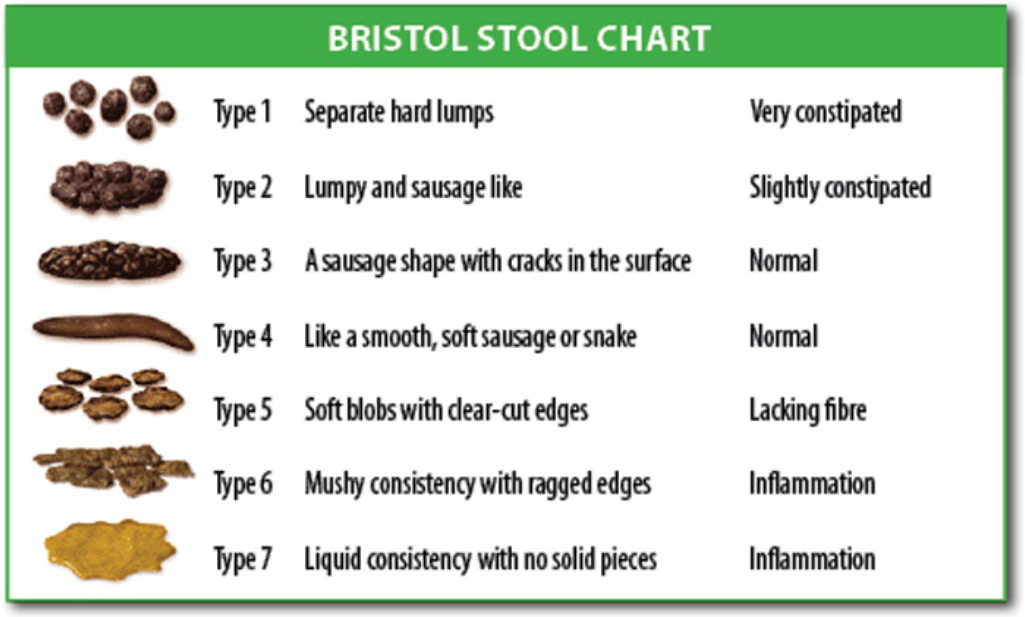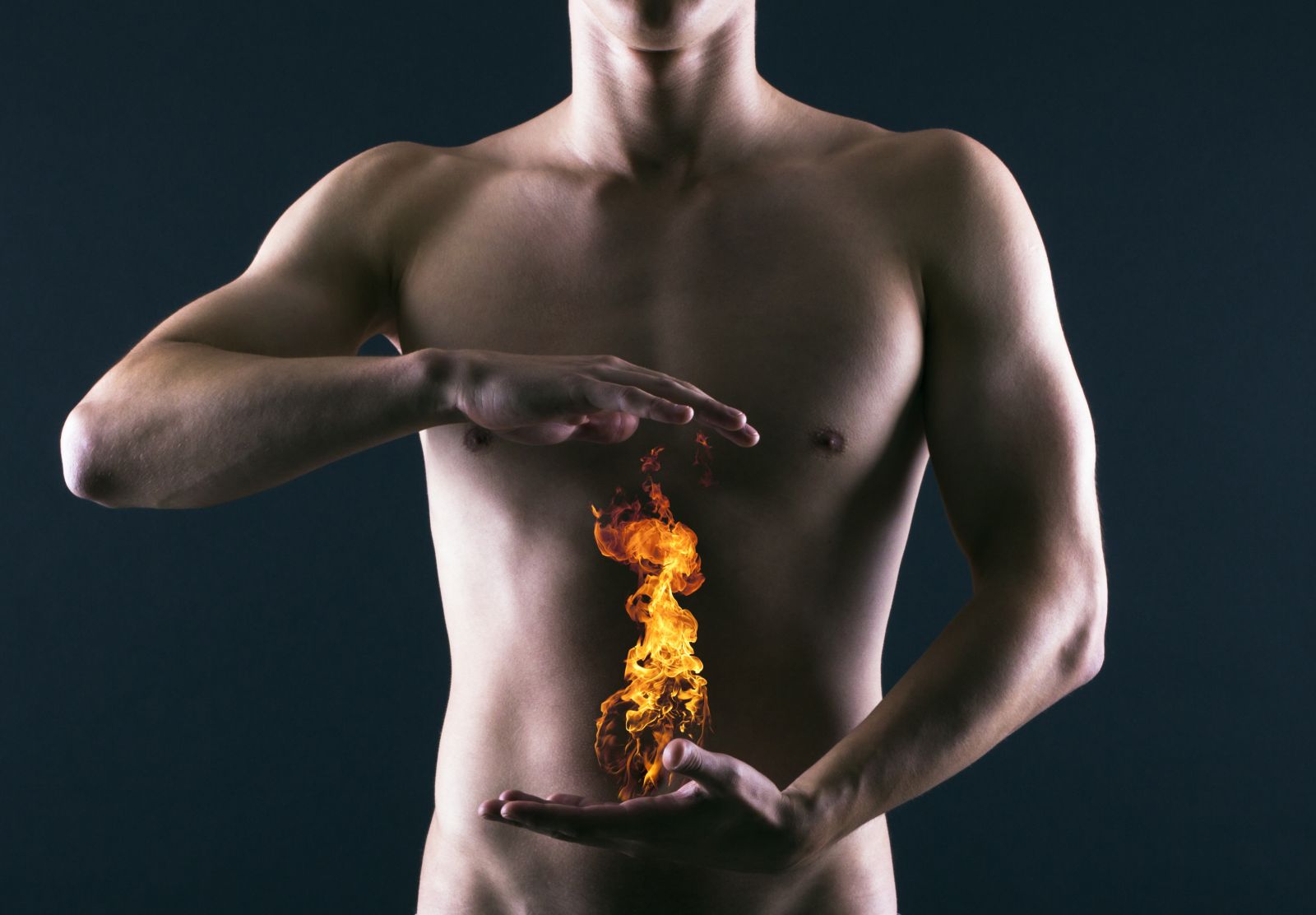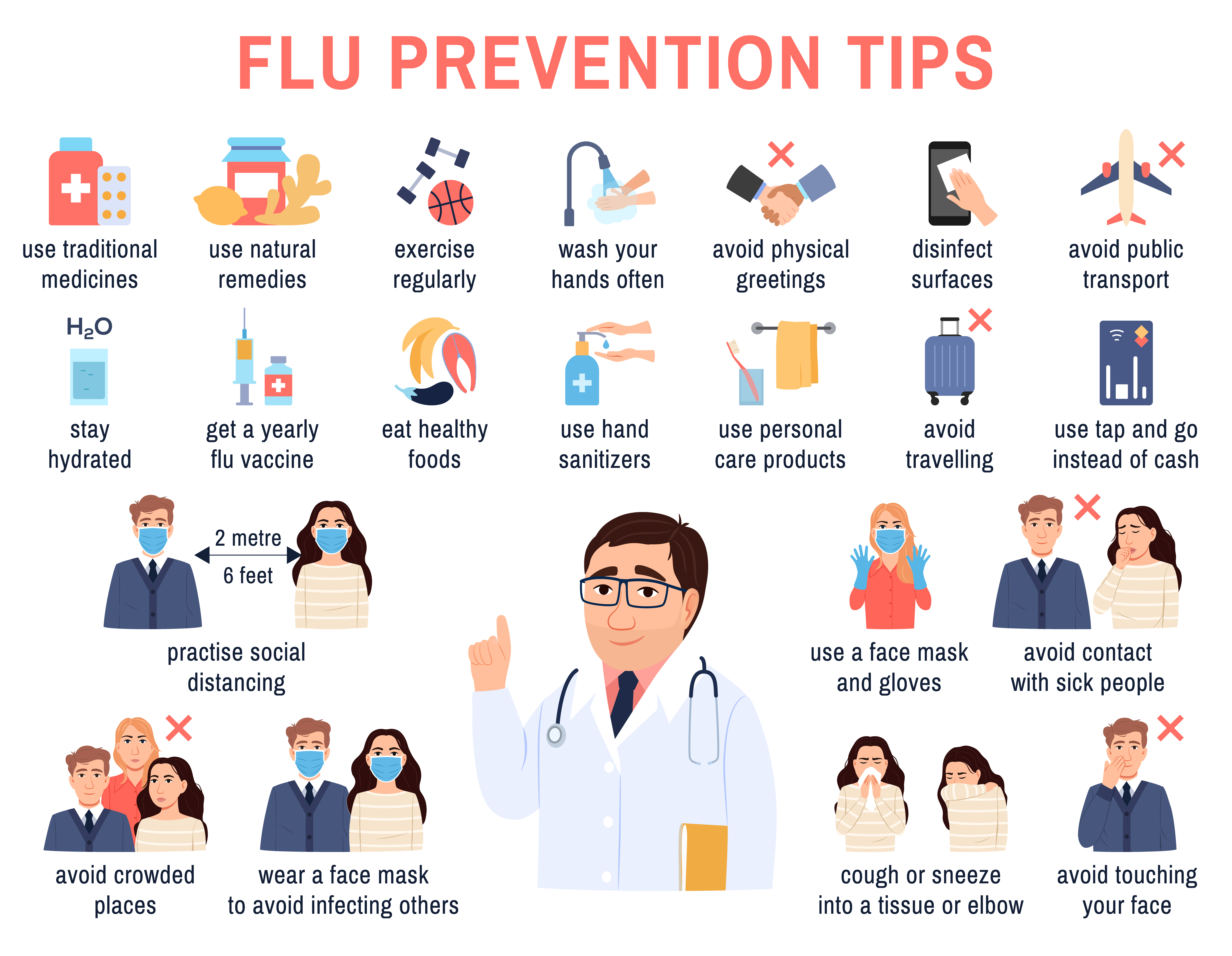Travel Health - Guide for Travellers
旅行中の健康 - 旅行者向けガイド
シンガポールで皮膚科の治療を受けられるのはどこでしょうか?
https://singalife.com/category/76399/
 |
Travellers to countries that have low standards of health and hygiene risk contracting infectious diseases. Most problems are caused by contaminated food and water and by mosquitoes, which transmit malaria, yellow fever, dengue and Japanese encephalitis. |
Prevention is better than cure; the advice that follows is designed to minimise the chance of contracting a serious disease while travelling overseas.
Food and drink
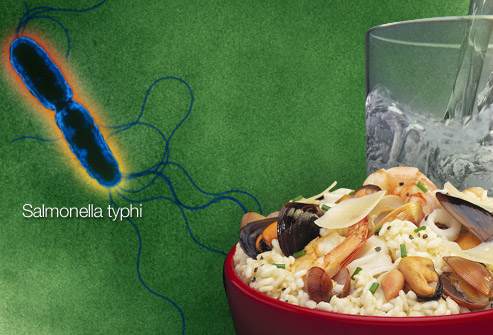 |
Diseases that can be picked up from eating and drinking contaminated food include travellers’ diarrhoea, hepatitis A, cholera and typhoid. |
While visiting countries at risk, drink only boiled water and reputable commercially bottled beverages. Avoid ice, dairy products, salads, uncooked foods, ice cream, raw seafood, shellfish and food from street vendors. You can purify water by boiling it or adding iodine tablets.
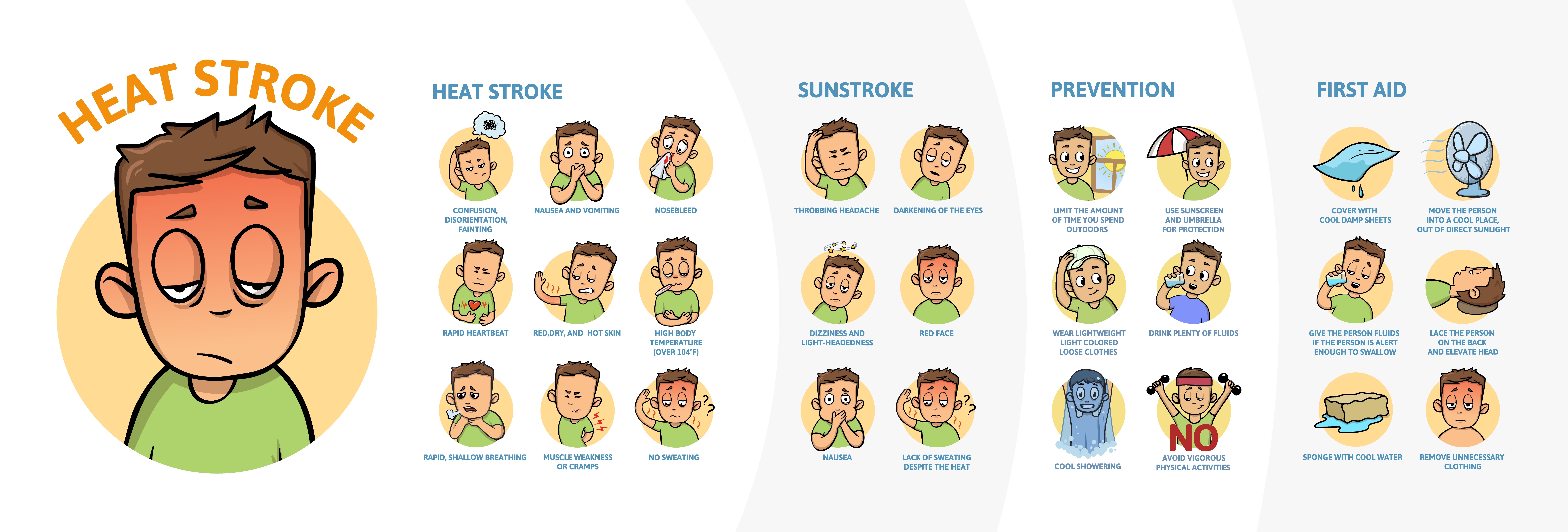
Vaccinations 疫苗接种
Important recommended vaccinations are shown in the table. Your doctor will advise you on which vaccinations you will need. Other diseases to consider are rabies and typhus.
A guide to vaccination for travellers for important diseases (in rural areas of high risk countries)
旅行者重要疾病疫苗接种指南(在高风险国家的农村地区)
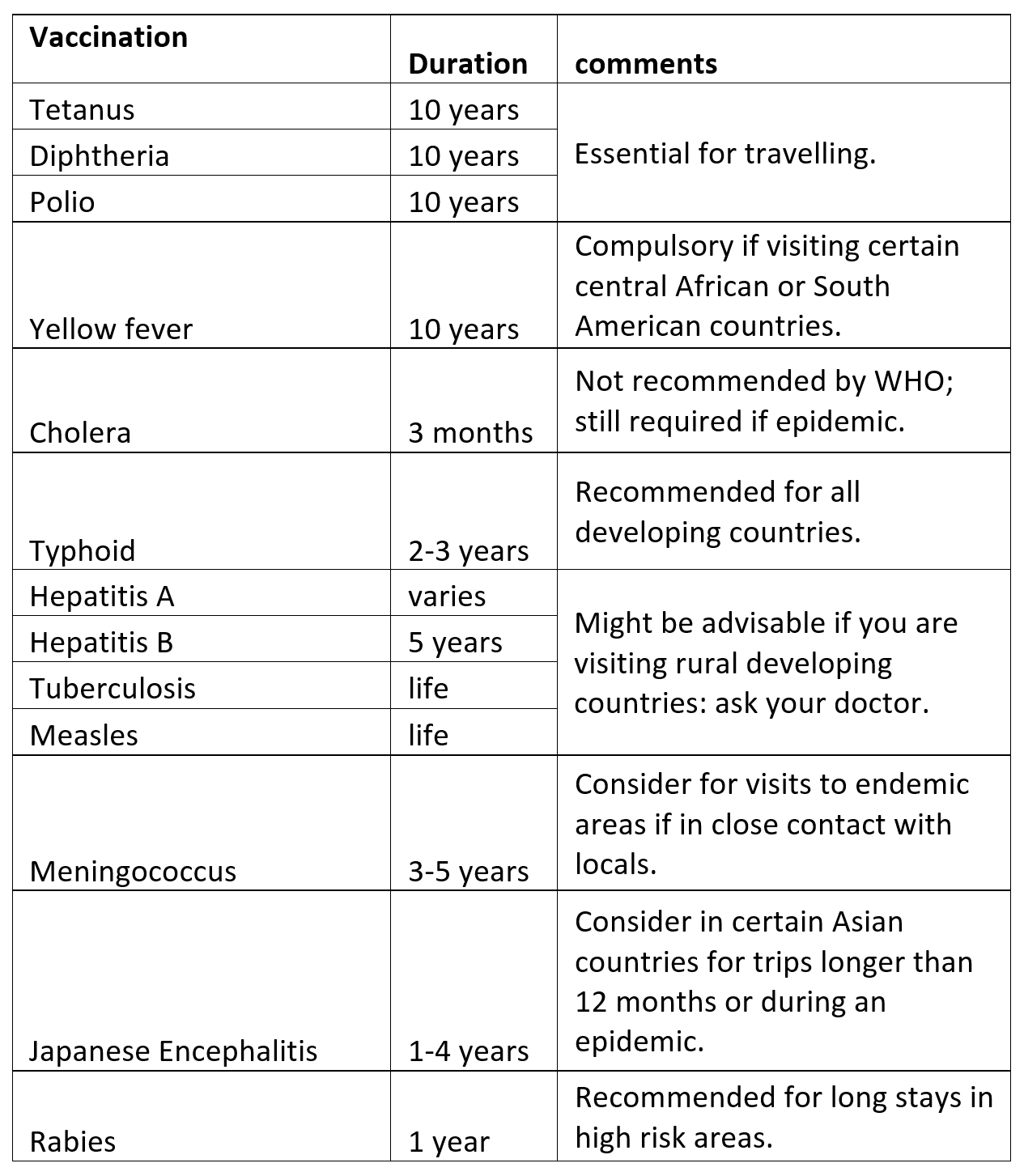
NAIS & NCIS - Singapore is free from vaccine-preventable diseases like poliomyelitis, diphtheria, tetanus and pertussis (whooping cough) because of our successful immunisation progamme.
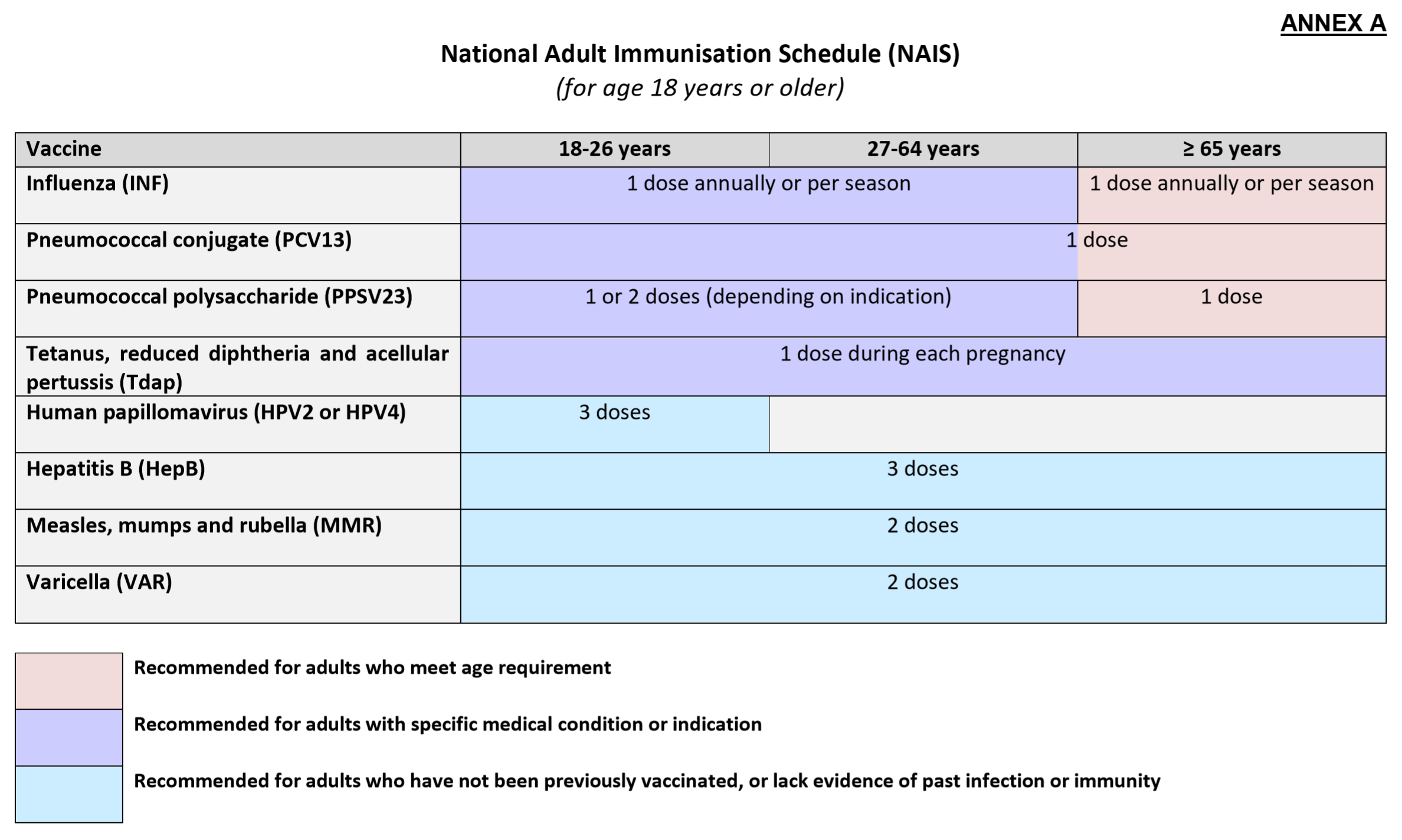
Up to $400 per Medisave Account per year can be used for Vaccinations under the National Adult & Childhood Immunisation Schedule - Influenza, Pneumococcal (PCV13/PPSV), Human Papillomavirus (HPV2/HPV4), Hepatitis B, Tetanus, Diphtheria & Pertussis (Tdap), Measles, Mumps & Rubella (MMR) and Chickenpox (Varicella).
Vitamins & Nutrients for a Well-functioning Immune System to Protect against COVID-19 & other Viral Infections
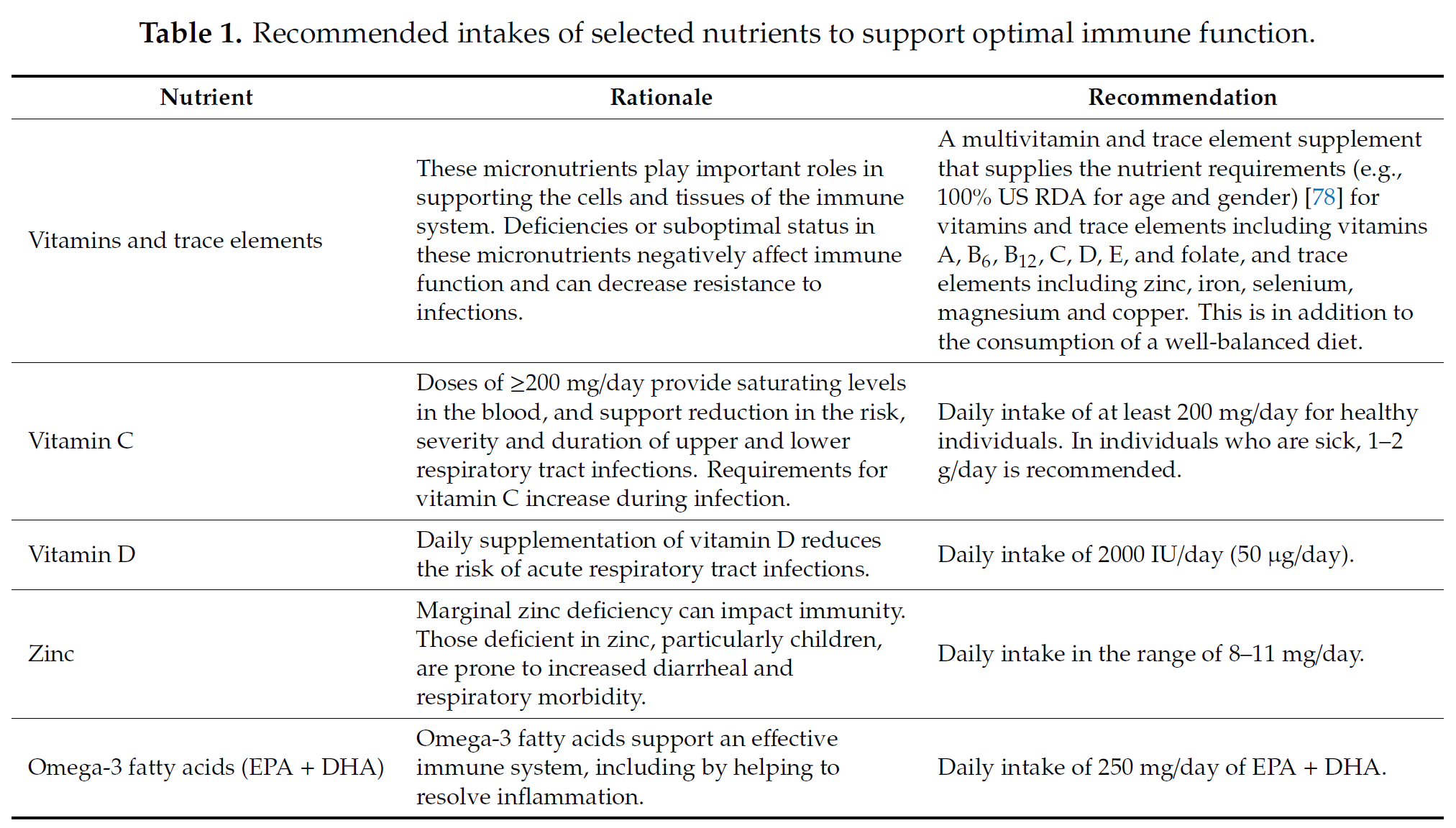
(Ref: Nutrients. 2020 Apr 23;12(4). pii: E1181. doi: 10.3390/nu12041181 Optimal Nutritional Status for a Well-Functioning Immune System Is an Important Factor to Protect against Viral Infections Calder PC1, Carr AC2, Gombart AF3, Eggersdorfer M4.
Malaria 疟疾
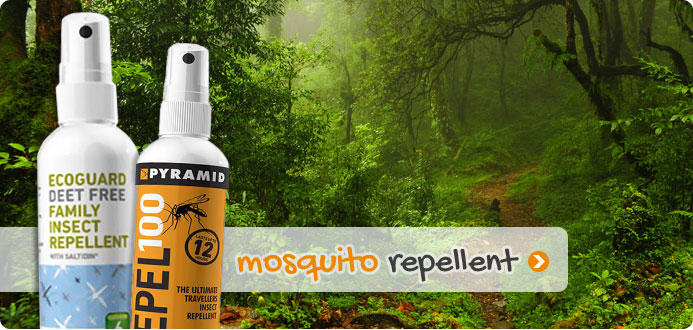 |
One sting from an infected mosquito can cause serious illness. Malaria is common in many African, South American and South-East Asian countries. To prevent malaria, protect yourself from mosquitos and take anti-malarial drugs prescribed by your doctor. |
Avoid rural areas after dusk. Use insect repellents that contain diethyltoluamide (such as Rid or Repellem). Wear protective light-coloured clothing with long sleeves and legs, and sleep in screened rooms or use mosquito nets. Avoid using cologne, perfume and aftershave.
Antimalarial drugs should be taken before exposure and up to 4 weeks after exposure to give maximum protection.
Malaria that resists drug treatment with chloroquine occurs in many countries, your doctor will prescribe another drug as well as or instead of the usual choloroquine if you are at risk of exposure to this type of malaria.
Drugs cannot guarantee 100% protection. If you develop an unexplained fever, sore throat or sever rash, seek medical advice.
Your destination
Different countries have different vaccination requirements. For advice about the country you intend to visit, contact your own doctor.
返程旅客发烧的原因
Diarrhoea 腹泻
There are several ways to relieve and treat travellers’ diarrhoea:
1. Avoid solid foods and drink small amounts of fluids often. (Remember: user only boiled water or safe commercial beverages.)
2. Rest.
3. Take antidiarrhoeal tablets as directed (for mild cases).
4. When the diarrhoea has settled, eat light foods such as rice, bread or biscuits.
Some golden rules
· Never carry a parcel or baggage to oblige a stranger.
· Avoid casual sex. If not, use a condom.
· ‘If you can’t peel it, boil it or cook it, don’t eat it.’
· Never walk around barefoot at night in snake-infested areas (and use a torch).
· Prevent mosquito bites.
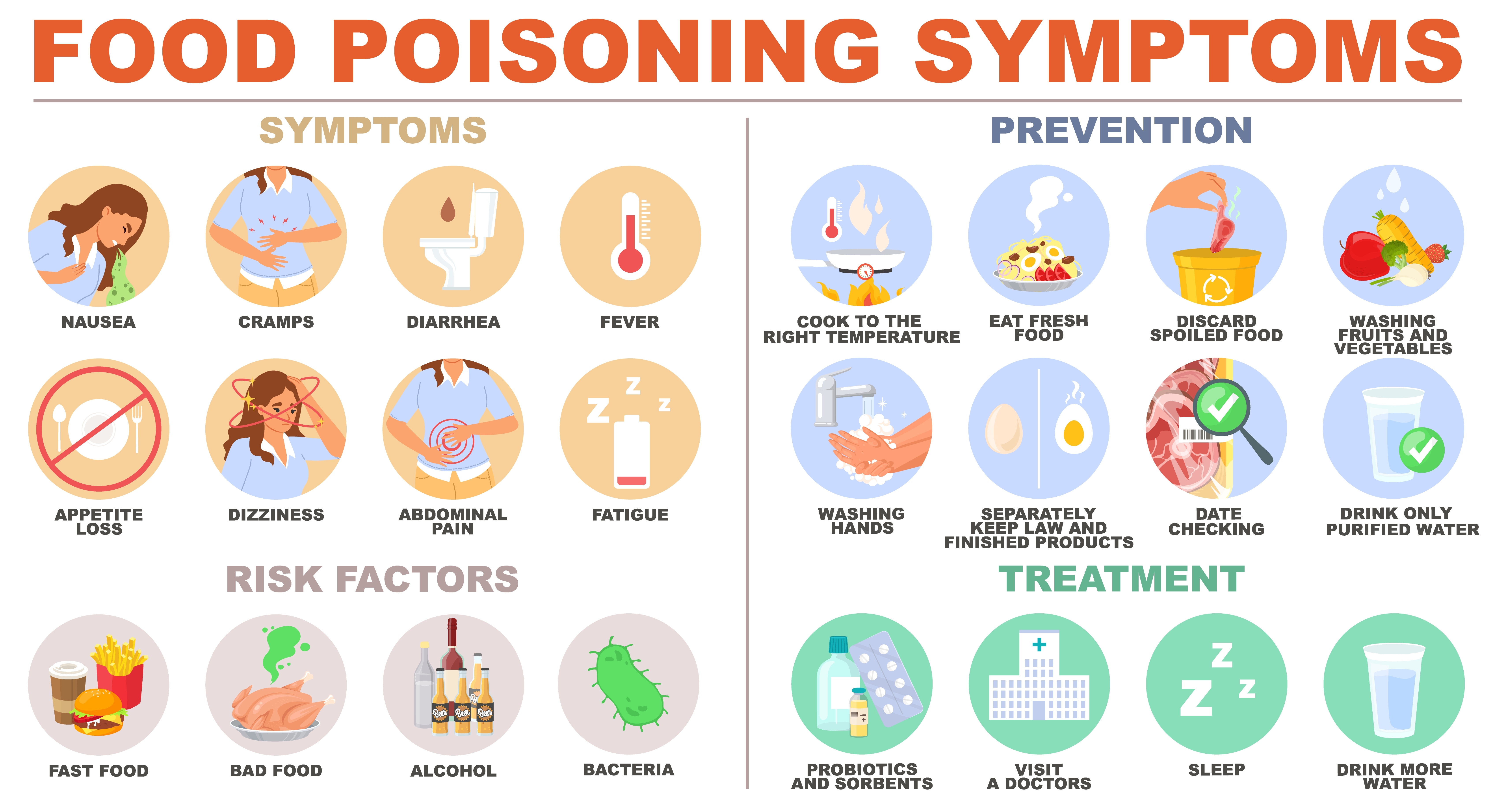
Diarrhea Treatment, Learn what is Gastroenteritis, Management of Irritable Bowel Syndrome & Heartburn or GERD
|
|
Latest Influenza Vaccine |
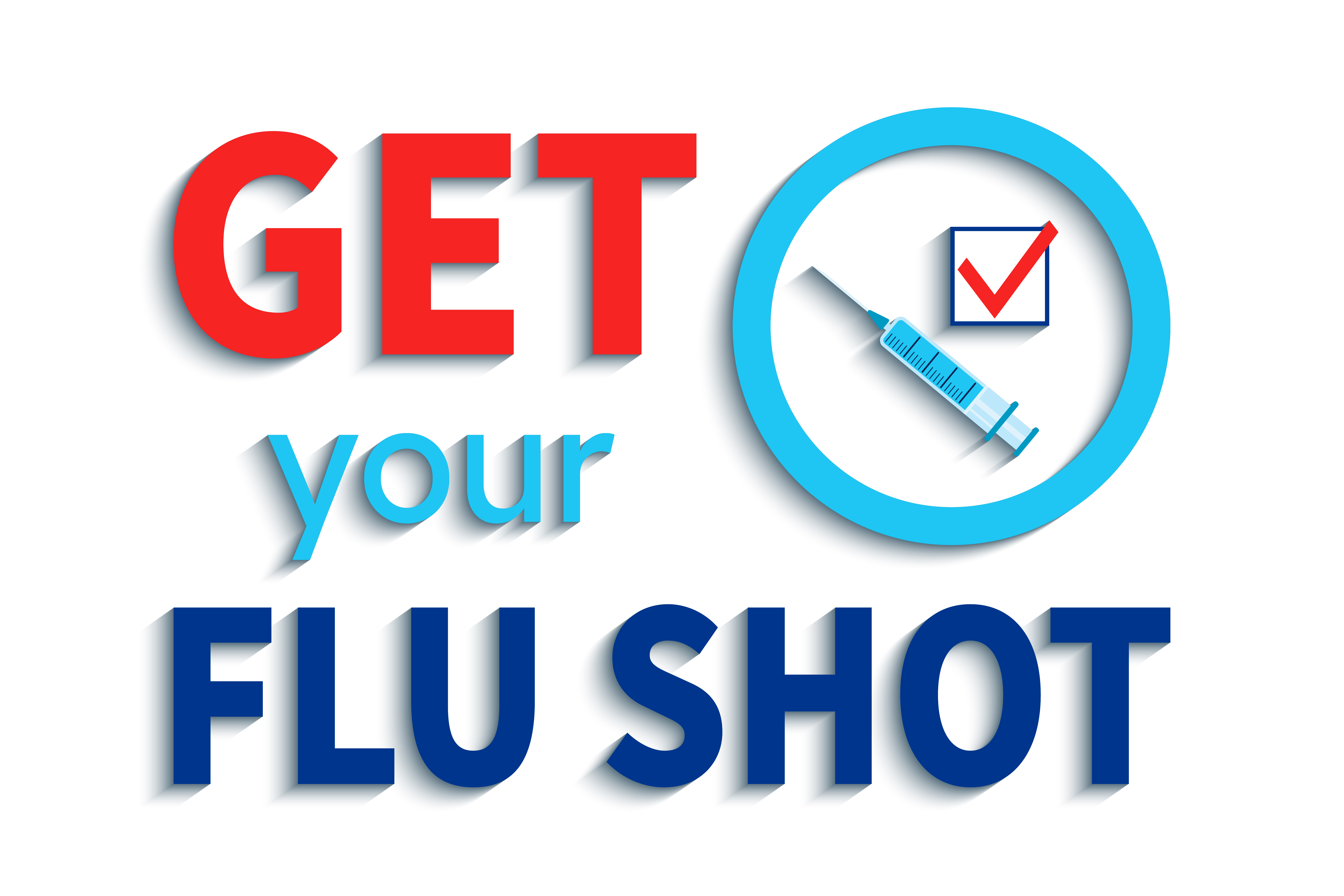 |
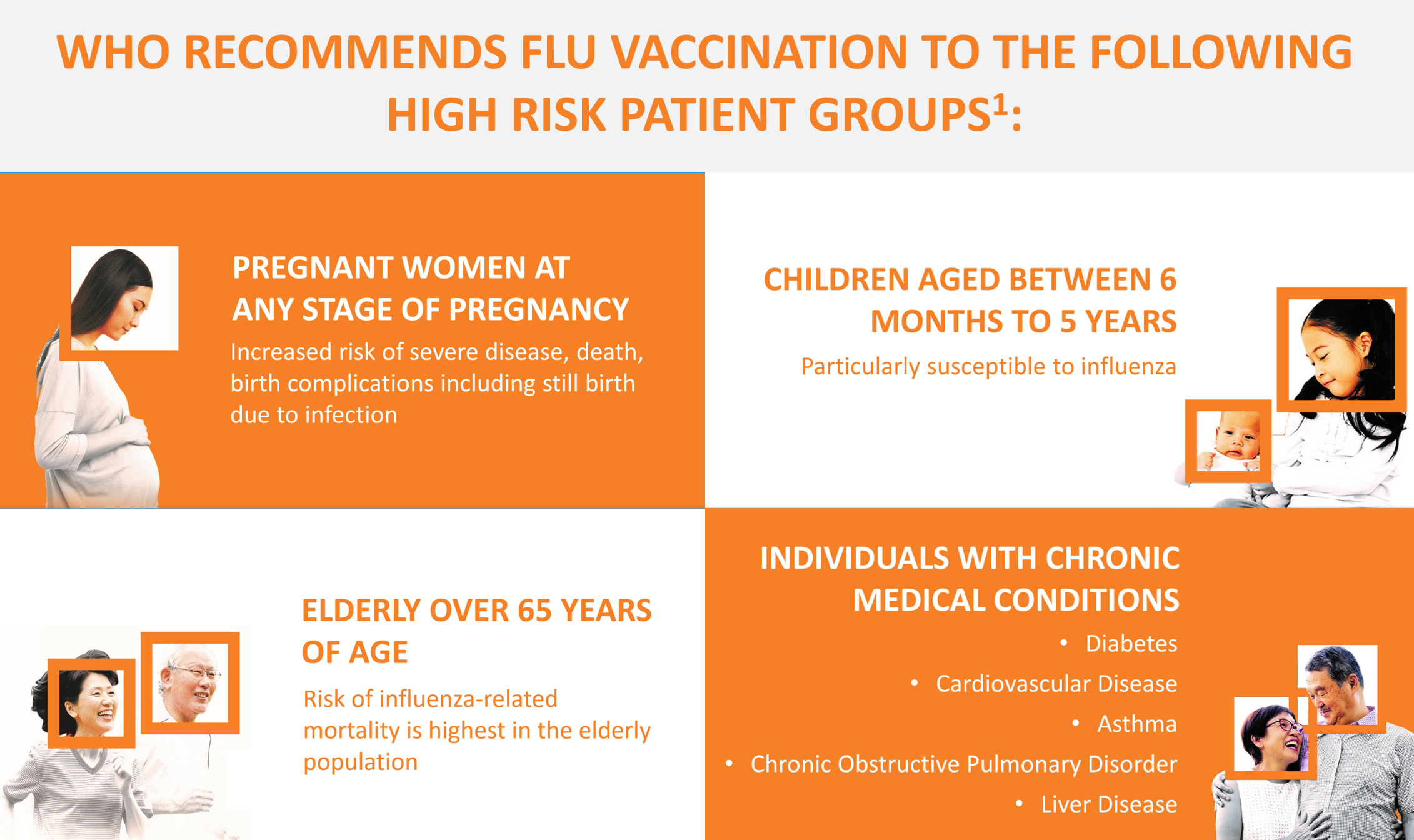
Asymptomatic patients may display no symptoms of illness. Vulnerable people should get vaccinated against Influenza which protects susceptible people from, as well as exclude the Flu and H1N1 viruses should they start to show URTI or ARI symptoms.
a. Vaccination decreases the risk of co-infection with COVID-19.
b. Vaccination reduces the burden of respiratory illnesses in the healthcare system.
The latest Influenza Vaccine is now available. It protects against the Flu and H1N1 Viruses. Ministry of Health Safety protocols are adhered to at all times for the safe vaccination of you and your family.
* Importance of Keeping your
Vaccinations Up-to-date
The information provided in this website is for knowledge purposes only. It does not constitute medical advice.
Should you encounter any medical problem that you are unsure of, always consult your doctor or health care provider for assistance and medical advice.
